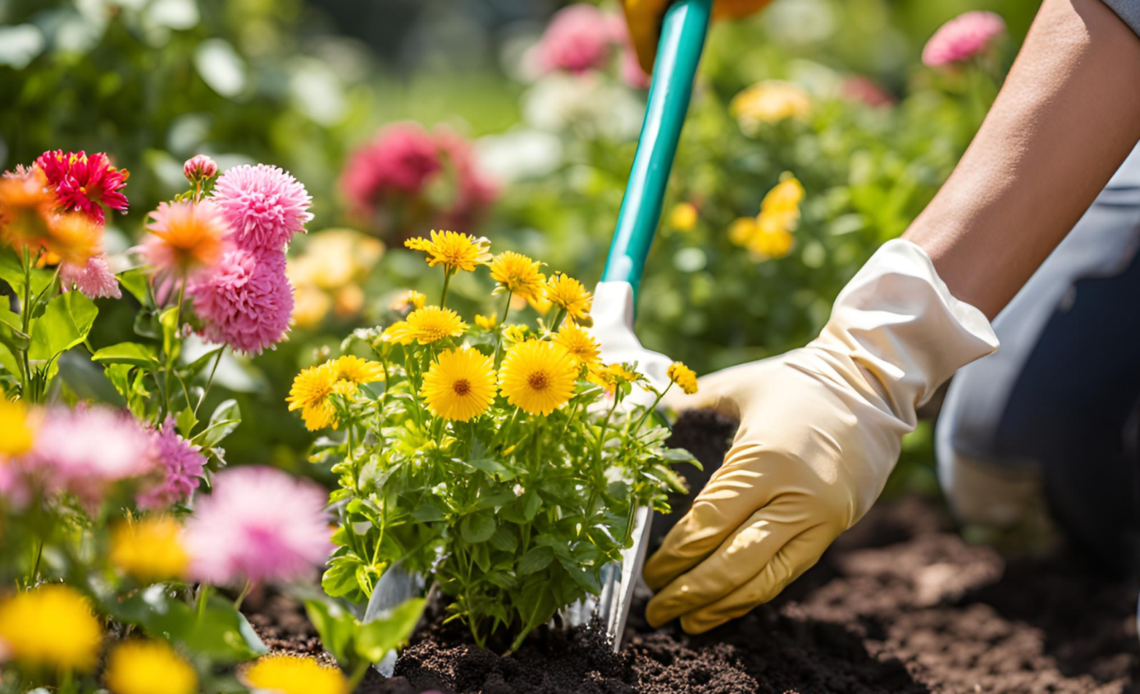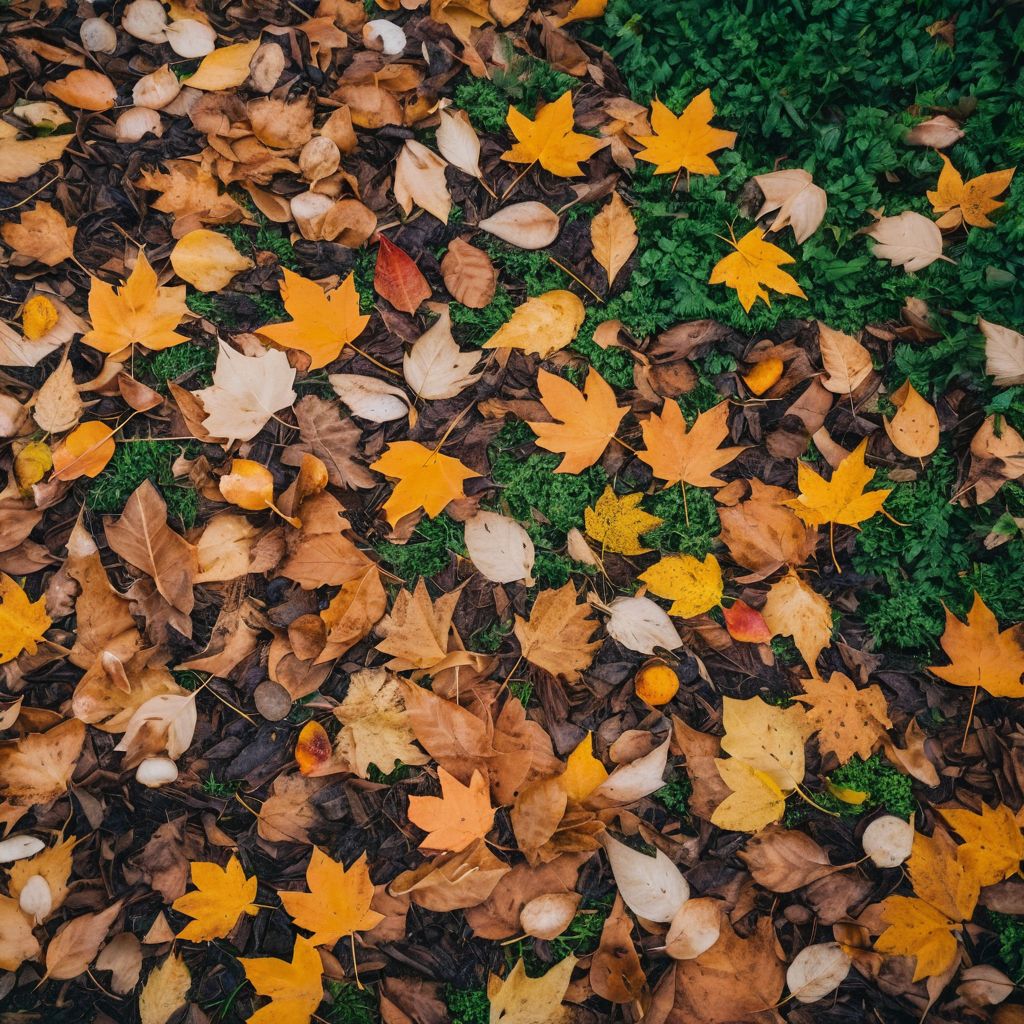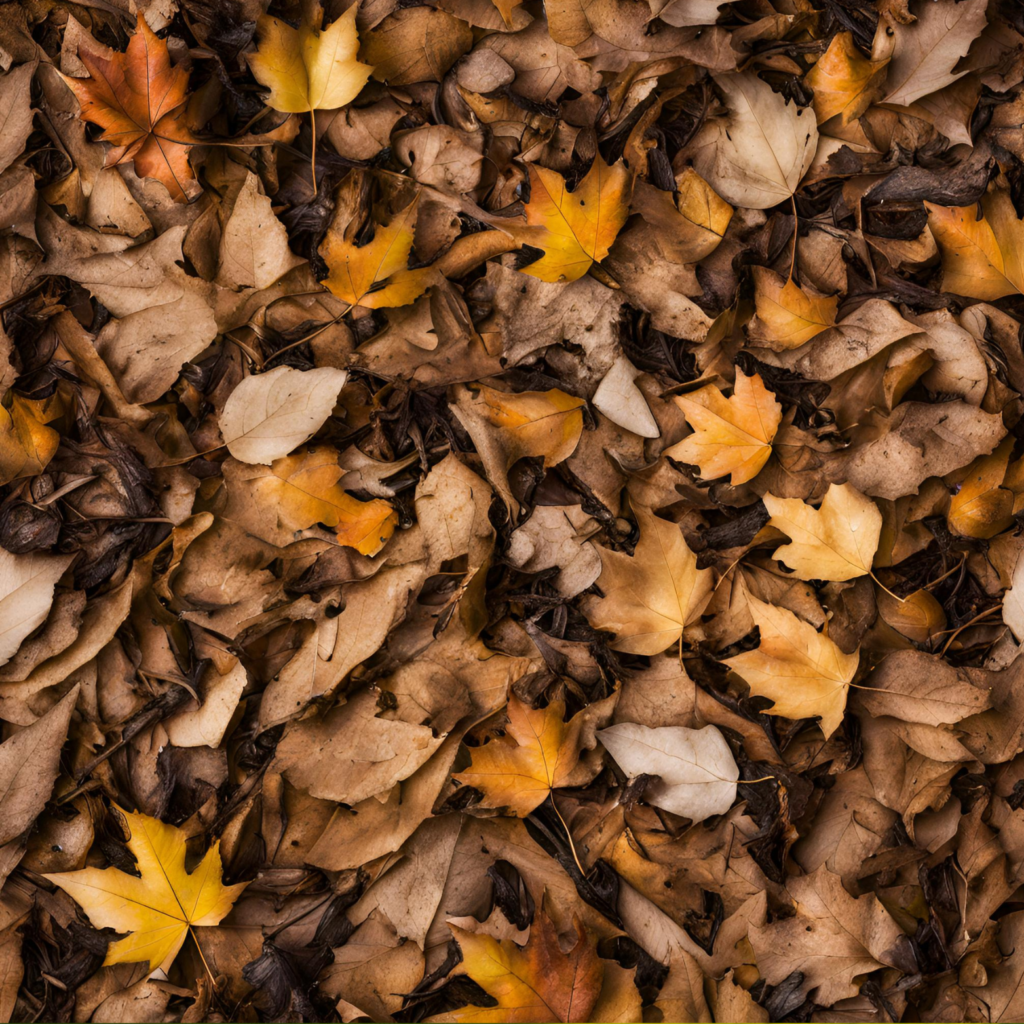
Maintaining a clean and organized garden is essential for the health and beauty of your outdoor space. Whether you’re preparing for a new planting season, tidying up after winter, or just keeping things neat, a well-cared-for garden is not only visually appealing but also beneficial for the plants, soil, and wildlife that inhabit it. This guide offers practical tips and strategies to help you clean your garden effectively, ensuring it thrives year-round.



Table of Contents
Why Is Garden Cleaning Important?
A clean garden is more than just an aesthetic luxury. Regular maintenance keeps your garden healthy by reducing pests, improving soil quality, and preventing diseases. It also allows for better growth of plants and ensures a welcoming outdoor space for you and your family.
Neglecting garden cleanliness can lead to the following:
- Overgrown weeds that compete with plants for nutrients.
- An increased risk of plant diseases.
- Accumulated debris that attracts pests and rodents.
By investing time in garden cleaning, you create a healthier environment that supports vibrant flowers, lush greenery, and productive vegetable patches.
Gathering the Right Tools for Garden Cleaning
Before diving into garden cleanup, equip yourself with the necessary tools. Using the right equipment not only makes the job easier but also ensures better results.
Essential Tools for Cleaning Your Garden
- Pruners or Shears: For trimming overgrown branches and bushes.
- Rake: To gather leaves and debris.
- Gloves: To secure your hands from thistles and soil.
- Shovel or Spade: For turning soil and removing deep-rooted weeds.
- Wheelbarrow: For transporting debris and waste.
- Compost Bin: For recycling organic waste into nutrient-rich compost.
With these tools, you’re ready to tackle any garden cleaning task efficiently.
Step-by-Step Guide to Cleaning Your Garden
1. Remove Dead Plants and Weeds
Start by identifying and removing dead plants, weeds, and other unwanted vegetation. Weeds not only make your garden look untidy but also steal water and nutrients from desirable plants. Pull them out by the roots to prevent regrowth.
Pro Tip:
Weed after a light rain when the soil is moist, making it easier to remove roots completely.
2. Prune and Trim Overgrowth
Overgrown plants can block sunlight and airflow, which are crucial for healthy growth. Use sharp pruners to trim:
- Overlapping branches.
- Dead or diseased limbs.
- Overgrown hedges and shrubs.
Pruning encourages healthier growth and gives your garden a neat appearance.
3. Clear Fallen Leaves and Debris
A rake is your best friend when dealing with fallen leaves and debris. Collect all organic matter, such as twigs, leaves, and grass clippings, and add them to your compost pile. If you don’t compost, dispose of them responsibly.
4. Tidy Up Garden Beds
Clean out old mulch and add a fresh layer to your garden beds. Mulching not as it were improves the see of your cultivate but also:
- Retains soil moisture.
- Prevents weed growth.
- Regulates soil temperature.
5. Clean Garden Tools and Structures
A clean garden isn’t just about the plants—it’s also about the tools and structures. Wash and disinfect tools to prevent the spread of diseases. Power wash patios, paths, and garden furniture to remove grime and moss.
6. Revive Your Lawn
If you have a lawn, it likely requires some post-winter care. Remove dead grass, aerate compacted areas, and reseed bare patches. Mow your lawn regularly and water it deeply for a lush, green appearance.
7. Refresh Potted Plants
Potted plants can accumulate algae and dirt over time. Repot plants that have outgrown their containers, clean pots thoroughly, and check for signs of pests or diseases.
Look at this
You will like this I am sure
Eco-Friendly Tips for Garden Cleaning
While cleaning your garden, consider eco-friendly practices to minimize waste and promote sustainability.
1. Compost Organic Waste
Instead of throwing away leaves, grass clippings, and plant trimmings, compost them. Composting turns organic waste into a nutrient-rich fertilizer that benefits your plants.
2. Reuse and Recycle Materials
Old garden furniture or containers can be repurposed creatively. For example, use an old wheelbarrow as a unique planter or recycle broken pots into drainage aids.
3. Avoid Harsh Chemicals
Choose natural pest repellents and fertilizers to avoid harming beneficial insects and pollinators. Homemade sprays using ingredients like garlic, neem oil, and vinegar are effective and safe alternatives.
Seasonal Garden Cleaning Tips
Spring Cleaning Tips
Spring is the ideal time to prepare your garden for the growing season. Focus on:
- Removing leftover debris from winter.
- Testing and amending soil with compost or fertilizer.
- Planting new flowers and vegetables.
Summer Maintenance
In summer, gardens can become overrun with weeds and pests. Regularly prune, water, and mulch to keep your garden thriving in the heat.
Autumn Cleanup
Autumn is all about preparing your garden for dormancy. Tasks include:
- Raking leaves.
- Trimming perennials.
- Planting bulbs for spring blooms.
Winter Preparation
Before the first frost, protect delicate plants with covers, clean up fallen leaves, and ensure your tools are stored properly to prevent rusting.
Dealing with Common Garden Cleaning Challenges
Garden cleaning can come with its share of challenges. Here’s how to address them:
Persistent Weeds
Utilize mulch or ground covers to stifle weed growth. For stubborn weeds, consider using boiling water or a natural weed killer.
Heavy Debris
For large branches or heavy debris, invest in a chipper or shredder to break them down for easier disposal or composting.
Compact Soil
Compacted soil can hinder plant growth. Utilize a cultivate fork or aerator to extricate the soil and make strides in drainage.
The Benefits of a Clean Garden
Keeping your garden clean isn’t just about aesthetics—it has numerous benefits:
- Improved Plant Health: Reduced competition from weeds and pests.
- Enhanced Curb Appeal: A neat garden boosts the overall look of your property.
- Better Ecosystem: Clean gardens attract beneficial insects and birds.
- Increased Productivity: Healthier soil and plants mean more blooms and produce.
FAQs
How often should I clean my garden?
It’s best to clean your garden at least once every season, with small maintenance tasks done weekly.
What should I do with garden waste?
Compost organic materials and recycle or dispose of non-organic waste responsibly.
Can I clean my garden without chemicals?
Absolutely! Use natural remedies like vinegar or neem oil to clean surfaces and deter pests.
What’s the best time of year for deep garden cleaning?
Spring and autumn are ideal times for thorough garden cleaning.
How can I keep my garden clean year-round?
Regular maintenance, like weeding, pruning, and clearing debris, helps maintain cleanliness throughout the year.
Do I need professional help with garden cleaning?
For larger gardens or extensive cleanup, hiring a professional can save time and effort.
Conclusion
Cleaning your garden is a rewarding task that ensures your outdoor space remains healthy, vibrant, and inviting. With the right tools, techniques, and a commitment to sustainability, you can create a garden that’s not only clean but also flourishing year-round. By following these tips and incorporating regular maintenance into your routine, you’ll enjoy the beauty and benefits of a well-kept garden for years to come.

